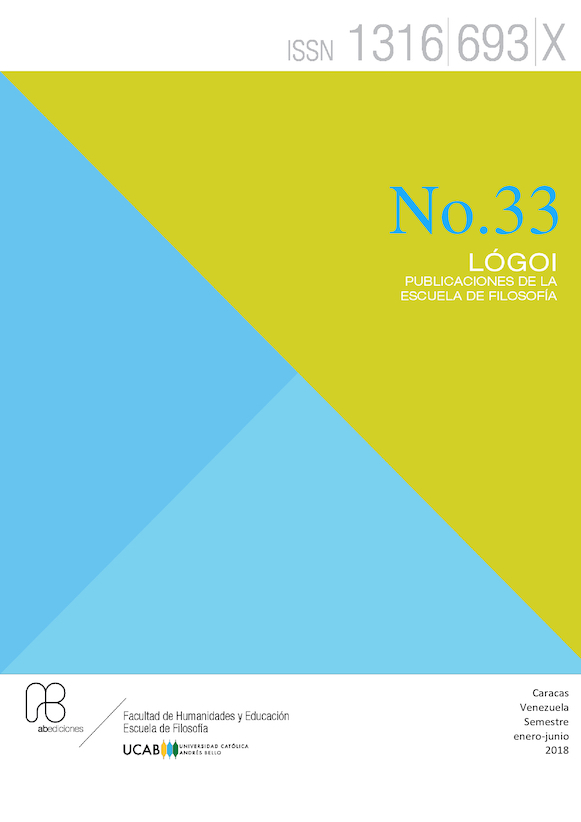No. 33 (2018): Revista Lógoi. N°33 Revista de Filosofía

Advances in science, during the 20th and 21st centuries, cause immense confidence in its success and its universality. They affect the research on the logic of science, the scientific method and our conceptions of what a scientific theory is and its experimental methods; They also provide a healthy tension between the philosopher's ways of arguing and his scrutiny about the empirical sciences. They are constantly stirred and renew many of the philosophical foundations on which The traditional argument rested on our phenomenology, ontological assumptions, epistemology and flow of history. The extension of argumentative forms that contributed mathematical logic, linguistics, the theory of sets, model theory and the new premises of empirical sciences, provide the current philosophy of science and language, greater expressive power and precision in the approach, evaluation, demystification and correction of the problems of classical philosophy. The evaluation of the truth of the philosopher's premises are constantly contrasted with the advances in scientific theories and models became a much of the typical argument of today's philosopher. Advances in scientific theory broadened our perspective argumentative and they gave us new canons for the establishment of evaluative criteria of the classical problems of philosophy. The works in this volume are a sample of what that is sustained here. They deal with some classic problems of mind-body philosophy, phenomenology and ontology traditional with the new perspective of the plot scaffolding always in view of current scientific developments.





.png)












